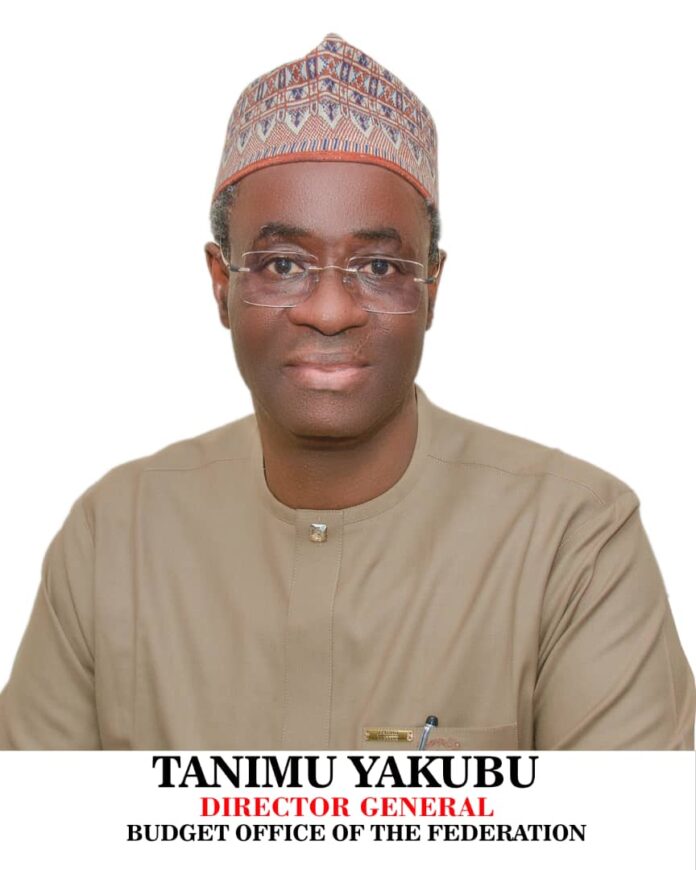By Tony Obiechina Abuja
The Budget Office of the Federation and the National Primary Health Care Development Agency (NPHCDA), with support from the World Bank, Gavi, Results for Development (R4D), and the Vaccine Network for Disease Control, convened the inaugural session of the Immunization Financing Policy Roundtable Series on Wednesday, July 2, 2025 in Abuja
In a statement by the Director General of the Budget office of the Federation, Mr Tanimu Yakubu on Friday, the cornerstone event, focused on “Sustainable Vaccine Financing in Nigeria’s Federal Arrangement,” and aims to address the systemic challenges threatening the sustainability of Nigeria’s immunization programmes.
The event which took place at the Lake Greenfield Hotel in Abuja, brought together policymakers, international development partners, and health sector stakeholders to strategize on innovative, domestically-driven vaccine financing solutions.
The roundtable aligns with the Nigeria Health Sector Renewal Investment Initiative (NHSRII), launched in December 2023, aiming to reform health system structures and secure sustainable financing for essential health services, including immunization.
The statement added that despite Nigeria’s dedicated efforts, only 59% of children aged 12-23 months are fully immunized, far from the 90% WHO target, with 3.1 million children lacking any doses of vaccines.
“This gap highlights the urgent need for a resilient financing structure to ensure consistent vaccine access across Nigeria’s federated regions”, it further noted.
Meanwhile, speakers at the roundtable emphasized the critical need to move away from the reliance on external donors. Current practices expose Nigeria’s immunization programs to fiscal instability. Policymakers must prioritize creating a robust domestic funding system that leverages national and subnational resources, integrates immunization programs into health sector planning, and aligns with global best practices.
At the event, experts shared successful strategies from peer countries: National Immunization Funds: as seen in Vietnam and Indonesia.
Earmarked Taxes: funding health priorities through levies, proven successful in the Philippines and Thailand.
Performance-Based Financing: used effectively in Rwanda and Ethiopia to boost coverage and accountability.
By exploring these global successes, Nigeria aims to adapt these strategies within its unique federal structure, fostering a sustainable, inclusive vaccine financing model.
The roundtable’s objective is to craft actionable steps for implementing a multi-tiered vaccine financing framework, enhancing accountability and resilience. Through these collective efforts, Nigeria endeavors to secure long-term immunization coverage, protecting future generations and strengthening public health outcomes.
The statement urged stakeholders to join in driving transformative change in Nigeria’s healthcare financing, ensuring every child’s right to life-saving immunizations is protected and sustained.

